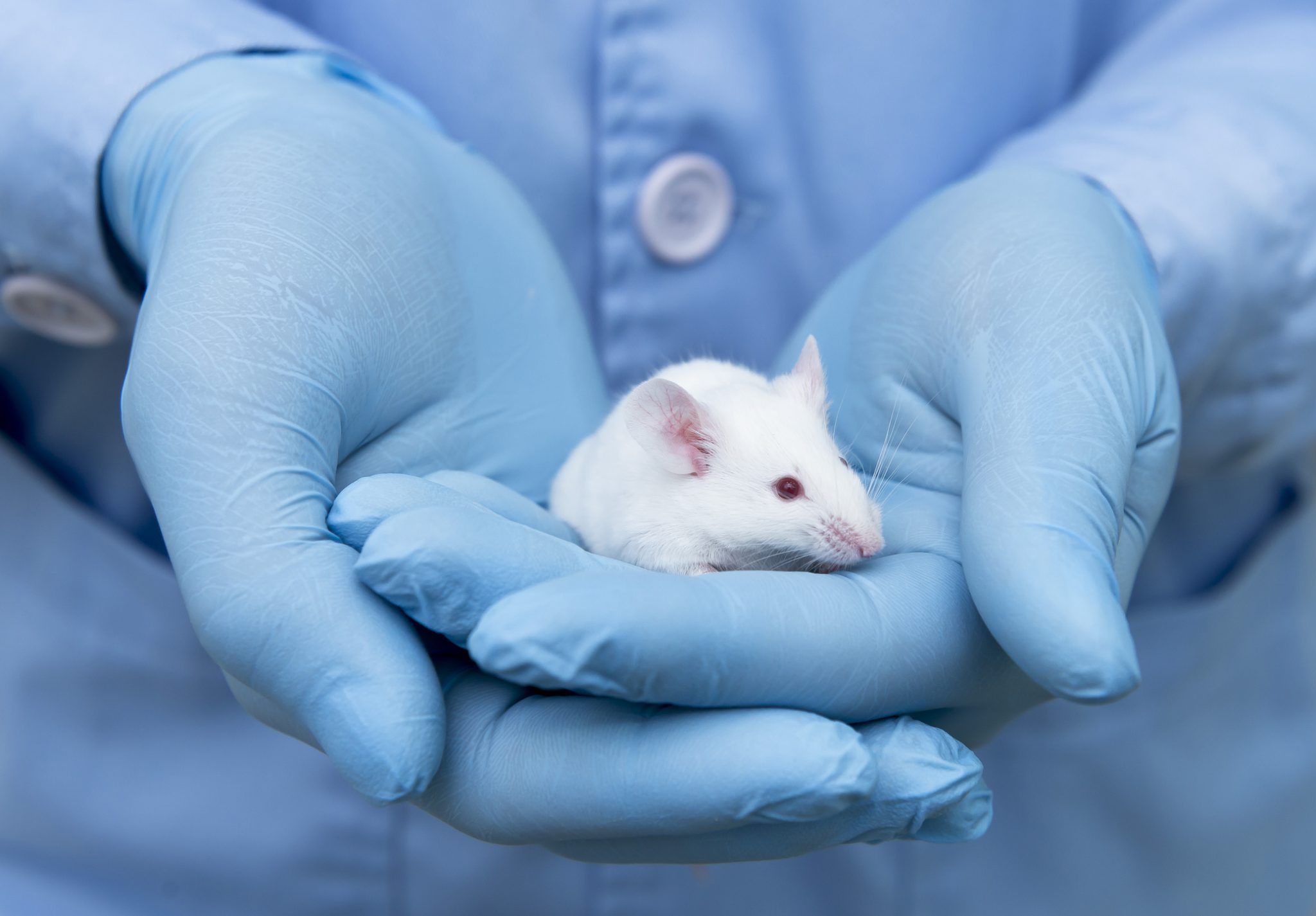The study’s findings suggest that the chemical could be “an elixir of life”.
A new study has indicated that Taurine may be a key for humans to live “longer and healthier” lives.
The chemical is produced naturally in human bodies and can be obtained through animal-based diets and nutrition. It is also often an ingredient in energy drinks.
Led by Columbia researchers and involving dozens of aging researchers worldwide, the study’s findings were published earlier this month in the academic journal Science.
The idea for the study came from its leader Vijay Yadav, assistant professor of genetics and development at Columbia University Vagelos College of Physicians and Surgeons, and his previous research into osteoporosis. The latter uncovered taurine’s role in building bone.
Coinciding with this, other researchers were finding that taurine levels correlated with immune function, obesity and nervous system functions.
“Taurine abundance declines with age in several species,” Yadav explained. “This led us to investigate whether Taurine concentration that declines with aging is a driver or a passenger of aging.”

The study found that taurine supplements can slow down the aging process in mice, as well as monkeys
The professor’s team set up a large experiment with mice, starting with close to 250 14-month-old female and male mice – who would be about 45 years old in people terms. Every day, the researchers fed half of them a bolus of taurine or a control solution.
At the end of the experiment, Yadav and his team found that taurine increased the average lifespan by 12% in female mice and 10% in males. For the mice, that meant three to four extra months – the equivalent of about seven or eight human years.
Yadav also brought in other aging researchers who investigated the effect of taurine supplementation on the health of several species.
These experts measured various health parameters in mice and found that at age 2 (60 in human years), animals supplemented with taurine for one year were healthier in almost every way than their untreated counterparts.
“A meaningful anti-aging therapy should not only increase lifespan but also healthspan,” Yadav said.
“Taurine-fed mice acquired less body weight. They had reduced adiposity, increased energy expenditure, increased muscle strength, neuromuscular coordination, reduced anxiety, increased memory, better glucose and insulin tolerance and the immunophenotype was enhanced.”
Similar health effects of taurine supplements were seen in middle-aged rhesus monkeys, which were given daily taurine supplements for six months. The chemical prevented weight gain, reduced fasting blood glucose and markers of liver damage, increased bone density in the spine and legs and improved the health of their immune systems.
“An elixir of life”
The researchers said they do not know yet if taurine supplements will improve health or increase longevity in humans. However, two experiments they conducted suggest the chemical has the potential for this.
In the first experiment, Yadav and his team used an earlier, large study to look at the relationship between taurine levels and around 50 health parameters in 12,000 European adults aged 60 and over. Overall, people with higher taurine levels were healthier, with fewer cases of type 2 diabetes, lower obesity levels, reduced hypertension and lower levels of inflammation.
The second study tested if taurine levels would respond to an intervention known to improve health – exercise. The researchers measured taurine levels before and after a variety of male athletes and sedentary individuals finished a strenuous cycling workout.
They found a significant increase in taurine among all groups of athletes and sedentary individuals.
“No matter the individual, all had increased taurine levels after exercise, which suggests that some of the health benefits of exercise may come from an increase in taurine,” Yadav explained.
He added that this research suggests that taurine – which has no known toxic effects – could be “an elixir of life” but that only a randomised clinical trial in people will determine if the chemical truly has health benefits.
“Although it is difficult to say at the present time whether Taurine supplementation is going be an anti-aging therapy, based on our studies in several special and our intervention in monkeys, it is reasonable to test it at least,” Yadav said.
Read more:
- Met Éireann issues another thunderstorm warning for 14 counties
- New documentary details how young man was killed by IRA after falsely being labelled an informer
- Charlie Bird gives heartbreaking health update as he reaches ‘crossroads’
LISTEN: You Must Be Jokin’ with Aideen McQueen – Faith healers, Coolock craic and Gigging as Gaeilge















































